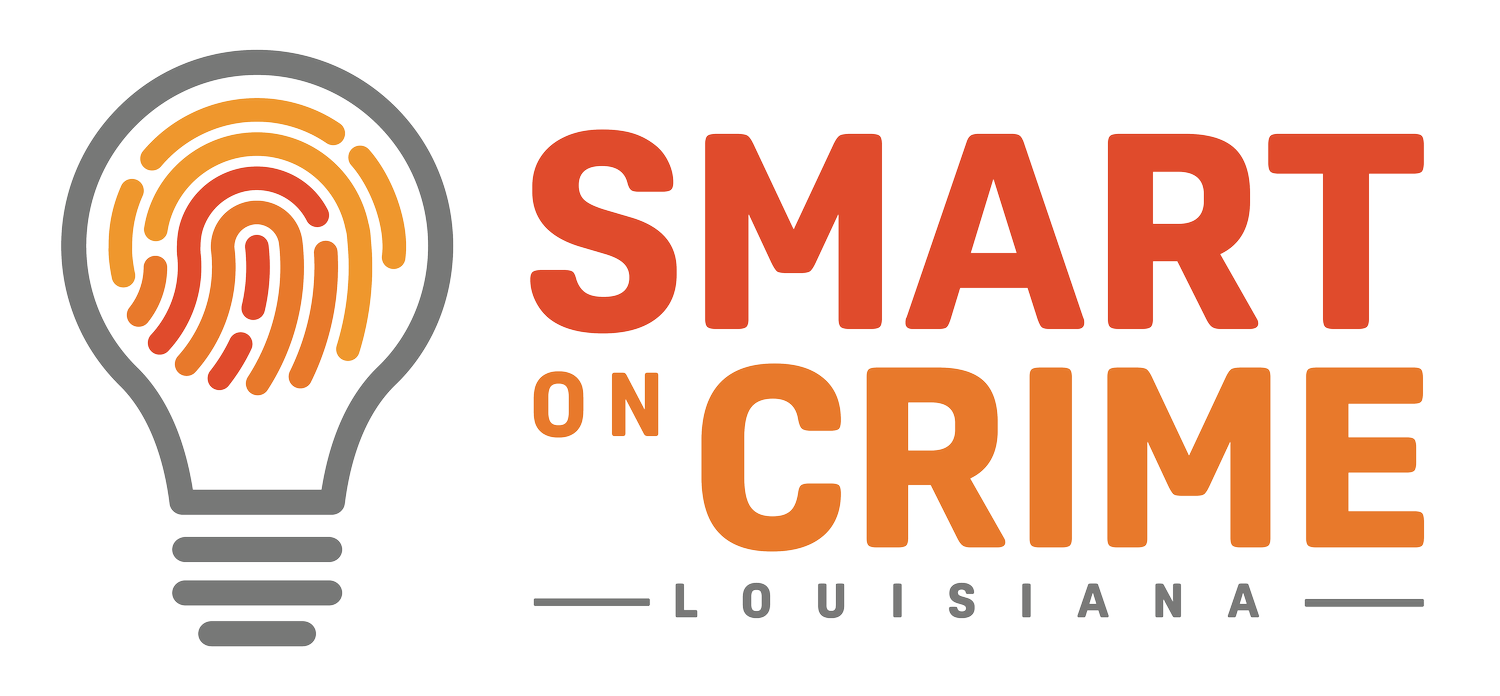A Winning Message—and Winning Strategy—for Crime in Louisiana
Louisiana is approaching an important election. As voters are preparing to head to the polls to elect those that will lead our state over the next four years, there are numerous polls being conducted to find out which issues voters care about the most and how they’d prefer that leaders address some of Louisiana’s biggest problems. Topping most of those polls is, of course, crime and public safety.
For background, crime in Louisiana has been decreasing for some time now. Property crime has been down since 2017. Violent crime rates in Louisiana remained relatively constant from 2014 through 2019, with a sharp increase in 2020 consistent with national trends during the post-COVID pandemic. This increase was driven primarily by increases in murder and aggravated assault. Robberies declined 25% from 2017 to 2020.
Crime data experts are reporting that violent crimes are beginning to decline, both nationally and in Louisiana. Some politicians’ rhetoric hasn’t changed, however, and the promises to be “tough on crime,” which in years past led to Louisiana earning the national reputation for having extraordinarily long prison sentences, disproportionately large numbers of individuals incarcerated for non-violent offenses, and little improvement in recidivism, has returned.
Is this really what voters want and believe will be effective in reducing crime and increasing public safety?
A statewide poll of likely voters was conducted earlier this year, and 70% of respondents agreed with the following statement: “It does not matter whether a person convicted of a nonviolent crime serves a longer sentence. What matters most is that when they complete their time, they are less likely to reoffend.”
83% agreed that barriers to employment should be removed for the formerly incarcerated.
77% agreed that records of non-violent criminals should be sealed in certain circumstances to make employment easier.
82% agreed that non-violent offenders with mental health or substance abuse problems should be diverted to treatment instead of prison.
This was a poll of all voters, Democrats, Republicans, and Independents. They all agreed that merely locking people up for longer was not an effective solution.
Similarly, a national poll and focus group of Republican voters was conducted between April and June of this year and 69% of participants reported that the traditional criminal justice system does not work well. They expressed strong support of supporting law enforcement, but also demanded accountability for rogue district attorneys that refuse to prosecute violent offenders.
Surprising for “tough on crime” conservative candidates was the fact that Republican respondents identified as priorities addressing the root causes of crime and creating pathways to redemption. More than 80% of focus group participants agreed that punishment is only one piece of the criminal justice puzzle. They acknowledged that violent criminals must be incarcerated; however, they must have the chance to redeem themselves through reentry programming to pursue opportunity once their sentence is complete. In addition, 61% of participants did not believe that incarceration for low-level non-violent crimes (such as loitering and drug possession) is effective.
Only 9% of Republican voters supported a “tough on crime” message that emphasized increased punishment, alone, as a solution to crime.
Smart candidates will articulate a smart, balanced approach to this important issue. They’ll tell voters, particularly conservative voters, that they support an effective strategy that aligns with the following four priorities:
Support law enforcement through proper training and funding.
Maintain due process and adhere to the constitutional rights of the accused and the guilty.
Provide accountability in the criminal justice system, not only with those who have committed crime, but also for those who adjudicate and prosecute crime.
Provide opportunities for redemption. With 95% of incarcerated individuals expected to reenter society, the criminal justice system must provide opportunities for these individuals to better themselves through counseling, education, and job training.
More than a winning message, this winning strategywill reducecrimeand set Louisiana back firmly on a path to making communities safer and helping all individuals to flourish
